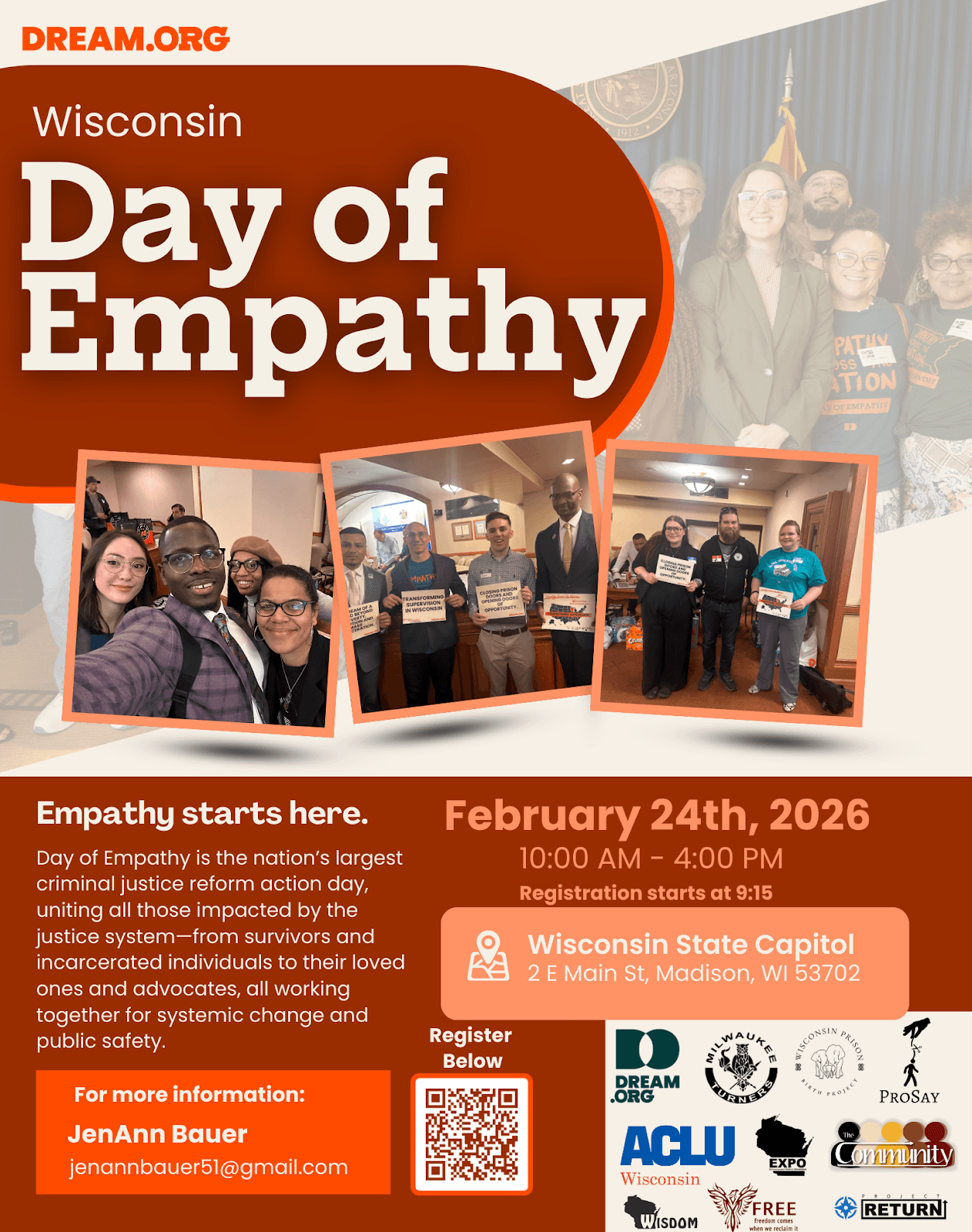Credit: Heard on Weekend Edition Sunday By Elena Moore, Charlotte West
Read Full Article: Here
As he waited for an open voting booth, Craig Muhammad looked down at the unmarked ballot in his hands.
“I did 42 years in prison. Why am I shaking?” he asked, letting out a small laugh.
Muhammad has seen presidents come and go, political sentiments move from right and left and the country become more divided. All he could do was watch.
But after spending more than half of his life in the Maryland prison system, Muhammad came home at the end of September. About a month later, he registered to vote and cast a ballot in the 2024 election.
“It went beautiful,” Muhammad said as he walked out of a polling place in downtown Baltimore.
“It wasn’t as hard as I thought it was,” he added. “But God … I’m 64 years old. I voted today for the first time in my life. Wow. I can’t wait to tell my sister.”
At his sister’s house, a short drive away, Muhammad described the experience as both emotional and empowering.
“I let out a big sigh — I looked out the corner of my eye … to make sure nobody [had] seen me do it — and then I said, ‘I did it,’” he said. “And I’m going to do it next year and the next four years … I’m going to encourage other people to vote.”
In 25 states, including Maryland, people can vote as soon as they get out of prison. But many others have felony disenfranchisement laws, which partially or completely bar formerly incarcerated people from voting. That patchwork of laws can cause confusion and frustration, leaving some newly released citizens unaware of or unable to exercise their rights.
“The right to vote is going to vary quite a bit across different states in the U.S.,” said Ariel White, a professor of political science at the Massachusetts Institute of Technology. “It can be really challenging for people to get accurate information about what the law is and how it might be applied to them.”
A ballot in the name of those who cannot vote

Yehyun Kim/for NPR
When Elizabeth Shatswell, 40, saw an organization registering people to vote on campus at the University of Puget Sound, she had no intention of asking about her eligibility. Instead, she went over because they were giving out bright blue rubber ducks that were emblazoned with the word “VOTE,” and she wanted one.
When Elizabeth Shatswell first voted in Washington's primary in the spring, she was surprised by how simple and a bit of a When Elizabeth Shatswell first voted in Washington’s primary in the spring, she was surprised by how simple and a bit of a “let down,” the process it was. She shared her experience with some friends from Virginia, not knowing they weren’t able to vote, and they got upset with her. Now she sees voting as a “privilege,” even though “it shouldn’t be a privilege because we’re all citizens. Right?”
“I was like, ‘I have a criminal history. I can’t vote. That’s not for me. But can I have a duck?’” said Shatswell, who was released from prison last spring after serving 23 years and was finishing her degree.
But on top of giving her two rubber ducks, the organizers also shared that in Washington state formerly incarcerated people can vote.
“I got so excited,” said Shatswell, who is now a correctional education manager at JSTOR Access Labs, working to increase academic resources in prisons. “I never really thought that that was going to be a privilege or something that I could do.”
“Voting specifically for me is a way to address the fact that I didn’t have any autonomy over the decisions in my life for 23 years and that people continue today to not have autonomy over their lives,” she added.
Though Shatswell was released from prison in Washington, she began her sentence in her home state of Virginia — which largely does not allow formerly incarcerated people with felony convictions to vote.
“I’m carrying all the people that can’t vote in my vote,” she said. “And that’s an honor.”
Geography dictates voting rights
An estimated 4 million U.S. citizens are unable to cast a ballot, according to a recent report from The Sentencing Project.
It further estimates that 1 in 22 Black Americans of voting age can’t vote, three and a half times that of other Americans.
Johnny Le’Dell Pippins, 55, is one of them. He received clemency from Illinois and was recently released from prison after 27 years. He isn’t allowed to cast a ballot this year.

Grace Smith
After 27 years in prison, Johnny Le'Dell Pippins, who goes by Dell, was shocked to see how many individuals and families in his community of Iowa City, Iowa were houseless or struggling to get by.
After 27 years in prison, Johnny Le’Dell Pippins, who goes by Dell, was shocked to see how many individuals and families in his community of Iowa City, Iowa were houseless or struggling to get by. “It brings me to tears,” he said, describing how during the summer when he sold barbeque for some extra income, he would give away extra meals to those in need.
“I’m part of the process. I put gas in the car, so I get to help decide where we go,” he said. “I should have that inalienable right of every American.”

Nov 4, 2024


